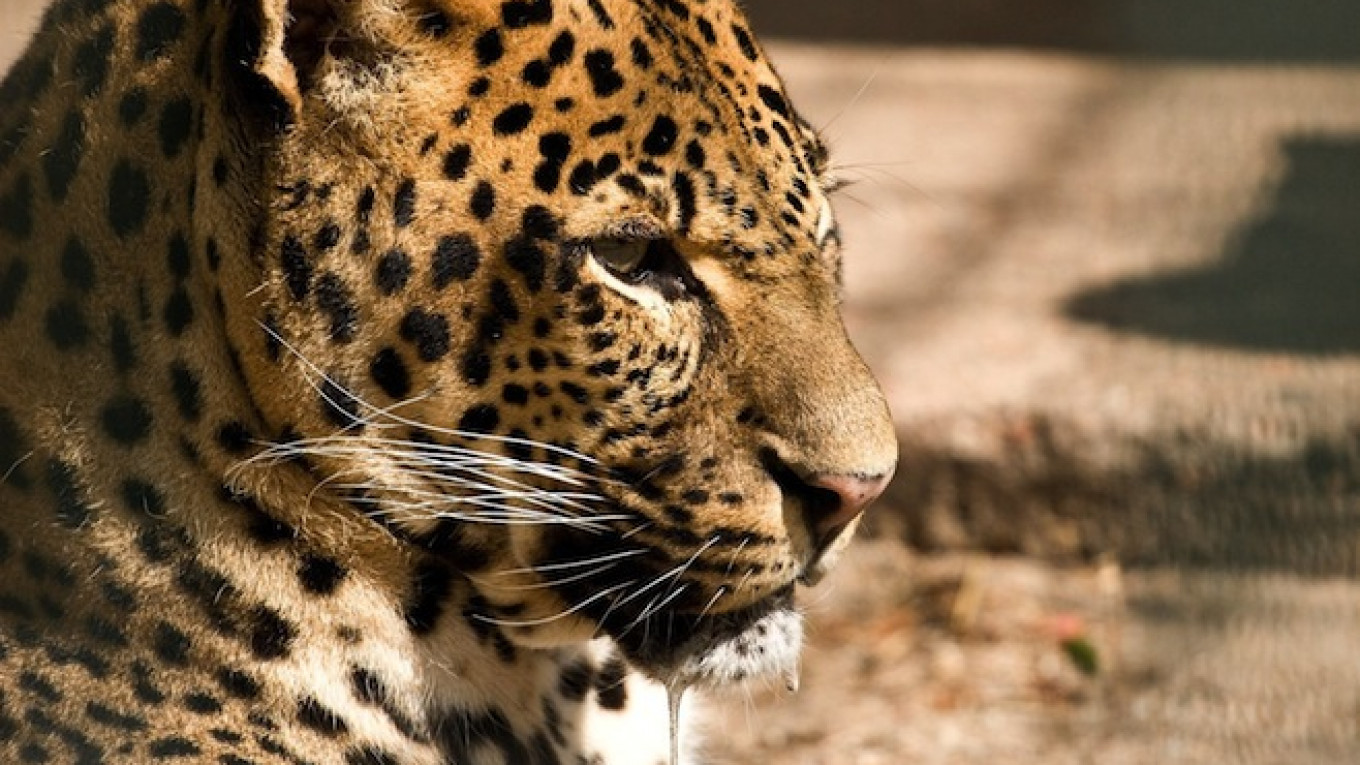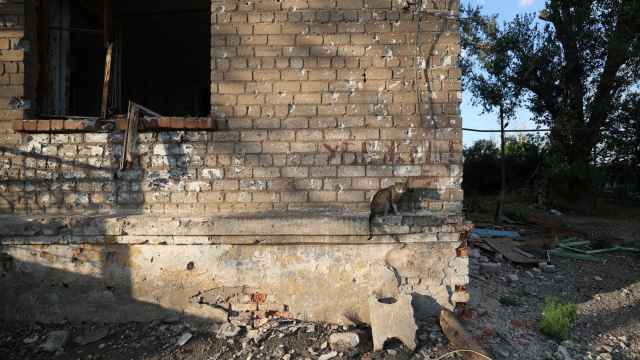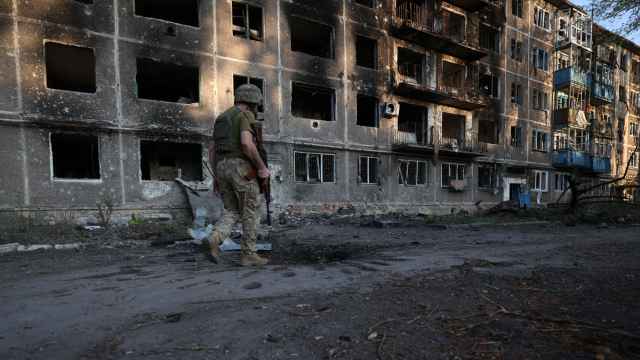Experts have found the third longest-living Amur leopard in Russia's far eastern Primorye region, the Interfax news agency reported Monday.
The Amur leopard subspecies lives, on average, for 12 years. The leopard, named Alex, is at least 16 years old and was identified in the region's “Leopard Land” nature preserve, Interfax reported.
“Far eastern leopards that live to that age are a rarity. Previously, scientists have recorded only two longer-living leopards,” the national park's press service said, Interfax reported.
The leopard Alex was first captured on camera in 2003 and was tagged with radio collars from 2007 to 2012. He was again captured by cameras in February, Interfax reported.
“Leopard Land” researcher Viktor Storozhuk said of the discovery: “Nearly nine years ago, we caught this leopard, and even then he was no longer young. We were very pleased to see an old friend. On the trail we were able to recover pictures of him hunting. It turned out that Alex still has not lost his grip — the experienced predator demonstrated high speeds and sharp reactions, overtaking his victim with about 20 leaps.”
Amur leopards are a highly endangered species and the rarest of the planet's big cats. In the early 2000s, the population in Russia had dwindled to approximately 30.
Today, the population has grown to about 70, with about 90 percent of the leopards residing in the “Leopard Land” national park, Interfax reported.
A Message from The Moscow Times:
Dear readers,
We are facing unprecedented challenges. Russia's Prosecutor General's Office has designated The Moscow Times as an "undesirable" organization, criminalizing our work and putting our staff at risk of prosecution. This follows our earlier unjust labeling as a "foreign agent."
These actions are direct attempts to silence independent journalism in Russia. The authorities claim our work "discredits the decisions of the Russian leadership." We see things differently: we strive to provide accurate, unbiased reporting on Russia.
We, the journalists of The Moscow Times, refuse to be silenced. But to continue our work, we need your help.
Your support, no matter how small, makes a world of difference. If you can, please support us monthly starting from just $2. It's quick to set up, and every contribution makes a significant impact.
By supporting The Moscow Times, you're defending open, independent journalism in the face of repression. Thank you for standing with us.
Remind me later.







